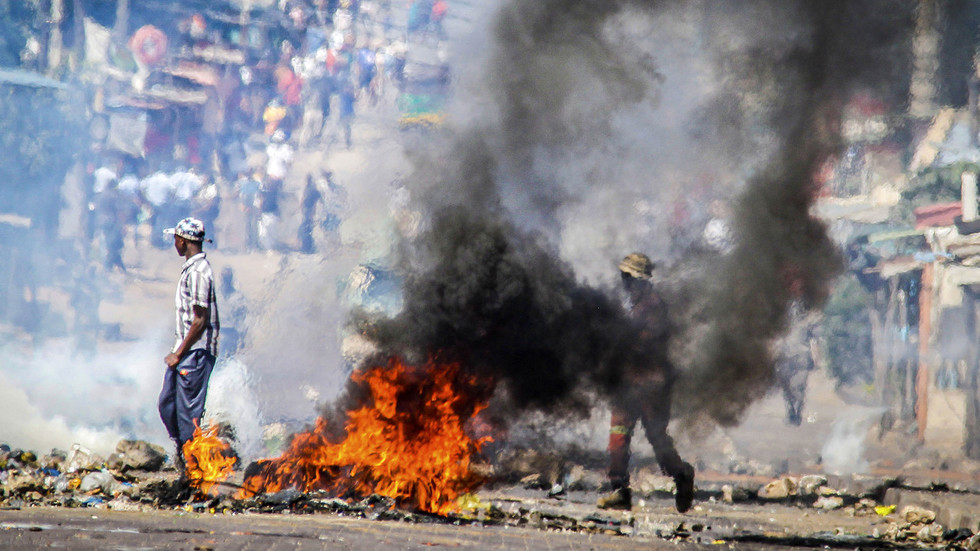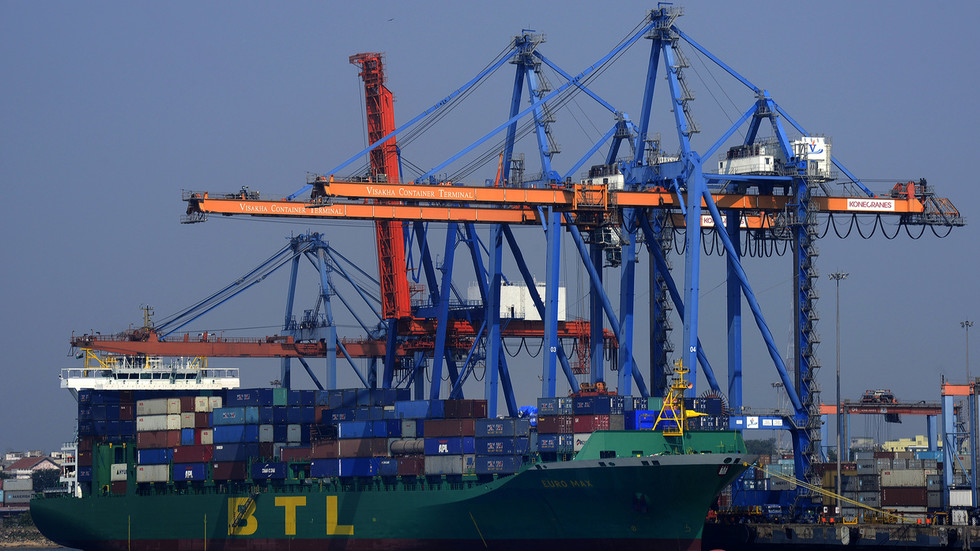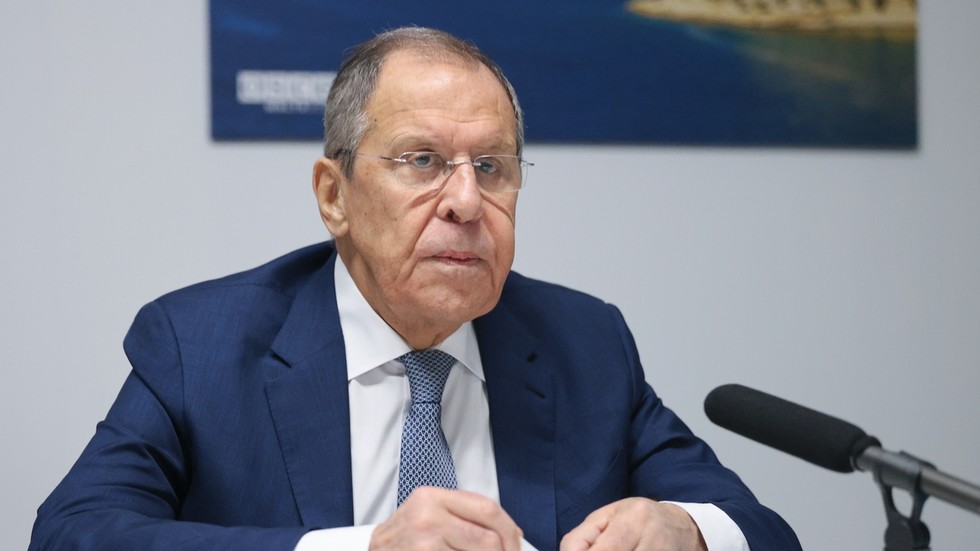
For free real time breaking news alerts sent straight to your inbox sign up to our breaking news emails
Sign up to our free breaking news emails
The Greek coastguard has been accused of causing the deaths of more than 40 migrants in the Mediterranean over a number of years – including nine who were allegedly thrown overboard into the sea and allowed to drown.
Victims said they had been were either thrown into the sea or cast afloat in damaged inflatable rafts before they could make asylum claims in Greece. One man said the Greek coastguard had thrown him into the sea with his hands zip-tied together, saying: “They wanted me to die.”
Greece has long denied accusations of pushing people back towards Turkey where they crossed from, which is illegal under international law. The country’s coast guard has repeatedly denied all acvcusations of illegal activity.
The allegations will air in a new BBC documentary on Monday night. Journalists analysed 15 incidents over the three years to May 2023 in which people are claimed to have died as a result of the coastguard’s actions.
While the initial sources for the documentary, titled Dead Calm: Killing in the Med? were primarily local media, NGOs and the Turkish coastguard, the BBC said it had corroborated four of these cases through eyewitness testimony – which they said showed a clear pattern.
In four of the five cases in which migrants said they were thrown into the sea, they described being hunted down by Greek officials after landing on Greek islands.
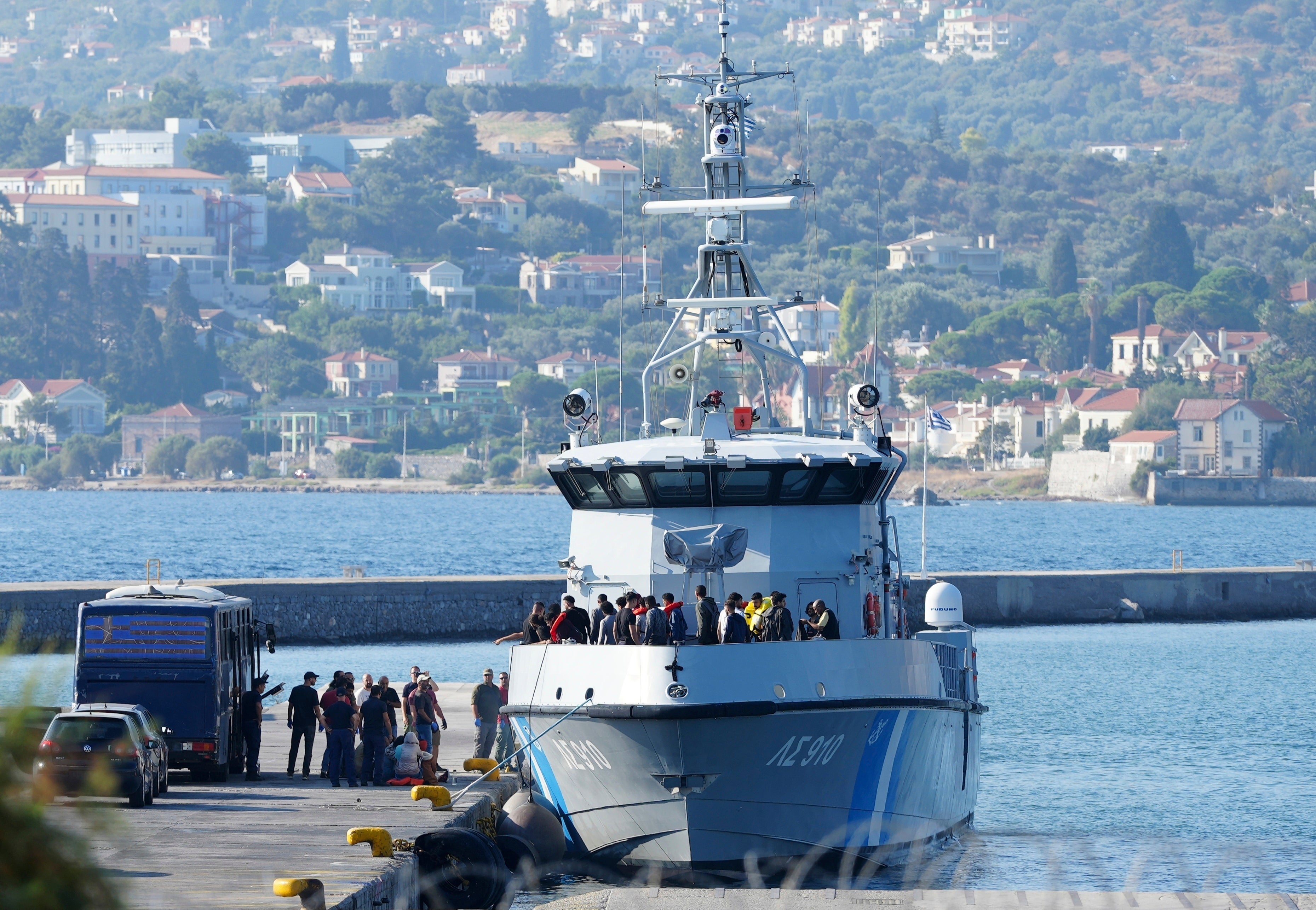
“We had barely docked, and the police came from behind,” said one man from Cameroon, who landed on the island of Samos in September 2021. “There were two policemen dressed in black, and three others in civilian clothes. They were masked, you could only see their eyes.”
He and two other men – from Cameroon and Ivory Coast – were transferred to a Greek coastguard boat. He told the BBC that the other Cameroonian was the first to be thrown in the water.
“The Ivorian man said: ‘Save me, I don’t want to die … and then eventually only his hand was above water, and his body was below. Slowly his hand slipped under, and the water engulfed him.”
Before throwing him in the water too, he described his abductors as raining punches down on his head “like they were punching an animal”.
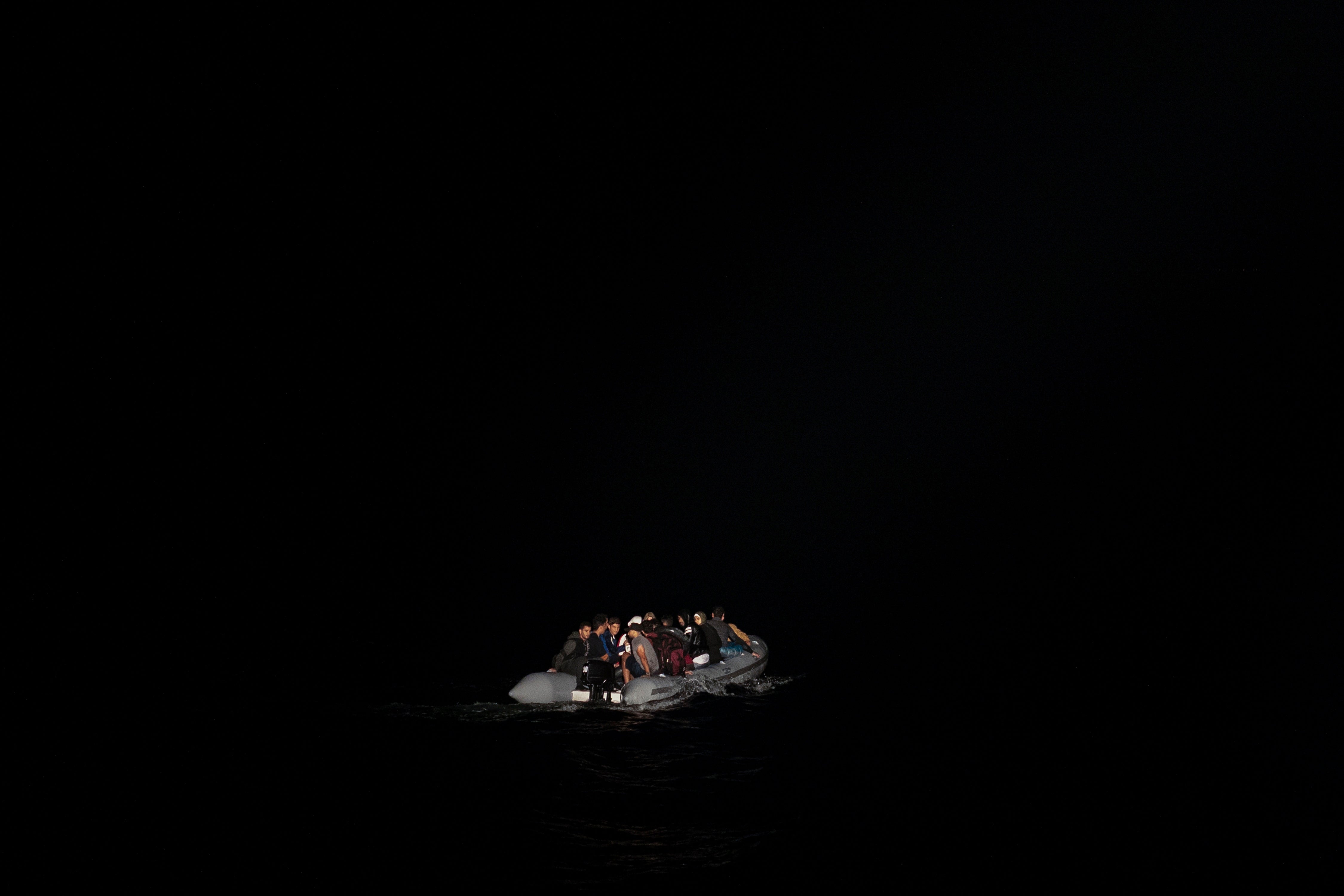
While he was able to swim ashore, the bodies of his two companions, Sidy Keita and Didier Martial Kouamou Nana, were found on the Turkish coast. His lawyers are demanding that Greece open a double murder case.
Another man from Somalia claimed he had been caught by the Greek army after arriving on Chios, who handed him over to the coastguard.
“They threw me zip-tied in the middle of the sea. They wanted me to die,” he said. While he was able to free one of his hands and make it to land, three people in his group did not survive.
In other cases, migrants were allegedly put onto rafts without motors which then deflated, or appeared to have been punctured, the BBC reported.
In the deadliest such alleged incident, a boat carrying 85 people required help after its motor cut out near Rhodes.
Mohamed, from Syria, said the Greek coastguard returned them to Turkish waters and put them in life rafts. Mohamed says the raft he and his family were given had not had its valve properly closed.
“We immediately began to sink, they saw that … They heard us all screaming, and yet they still left us,” he told the BBC. “The first child who died was my cousin’s son … After that it was one by one. Another child, another child, then my cousin himself disappeared.
“By the morning seven or eight children had died. My kids didn’t die until the morning… right before the Turkish coastguard arrived.”
Shown footage of a forced return near Lesbos in which women and children were among a group put aboard a raft, abandoned and later rescued by the Turkish coastguard, Dimitris Baltakos, the former head of special operations with the Greek coastguard, refused to speculate on what the footage showed.
But during a break in the interview, the microphone caught him telling someone out of shot in Greek: “I haven’t told them much, right? It’s very clear, isn’t it. It’s not nuclear physics. I don’t know why they did it in broad daylight … It’s … obviously illegal. It’s an international crime.”
The footage was filmed by Austrian activist Fayad Mulla and published by the New York Times in May 2023.
The Greek coastguard denied the documentary’s findings, telling the BBC its staff worked “tirelessly with the utmost professionalism, a strong sense of responsibility and respect for human life and fundamental rights”, adding that they were “in full compliance with the country’s international obligations”.
It added: “It should be highlighted that from 2015 to 2024, the Hellenic Coast Guard has rescued 250,834 refugees/migrants in 6,161 incidents at sea. The impeccable execution of this noble mission has been positively recognised by the international community.”
The Independent has approached the Greek government for further comment.

 6 months ago
30
6 months ago
30

